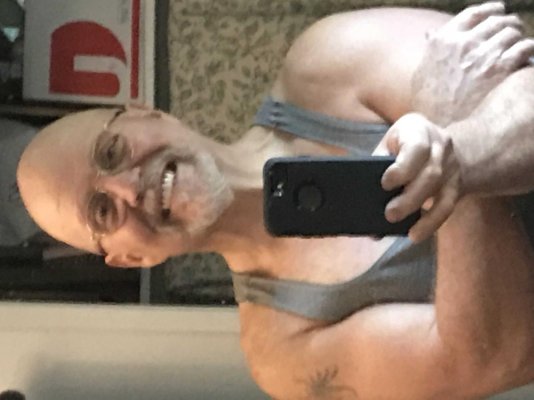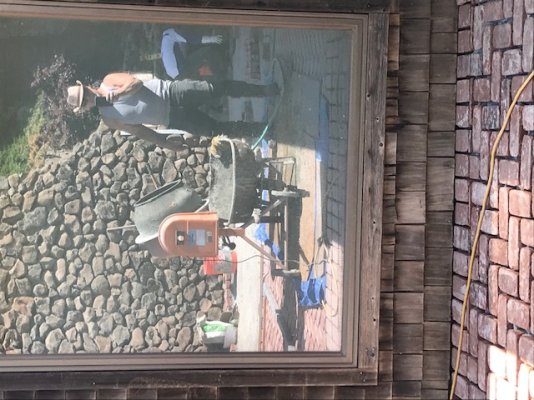Hippocampus
Guru
- Joined
- Jul 27, 2020
- Messages
- 4,184
- Location
- Plymouth
- Vessel Name
- Hippocampus
- Vessel Make
- Nordic Tug 42
Much of this harkens back to the Covid threads.
Correlation does not prove causation.
Correlation does not prove causation.
Correlation does not prove causation.
Americans make the most expensive pee in the world. Outside a prospective, double blind controlled clinical trial there is NO evidence any supplement is of any benefit. In clinical practice I’ve seen more disease produced by supplements then cured or prevented. Choose wisely on your diet and lifestyle. Have fun using turmeric in your Indian food, decreasing beef intake, or following a Mediterranean diet. There’s some evidence to support things like that and it’s fun. But in the face of a decent diet and absence of a lab documented deficiency there’s no proof that any supplement is of benefit. Realize your decision to do so is belief not science.
Correlation does not prove causation.
Correlation does not prove causation.
Correlation does not prove causation.
Americans make the most expensive pee in the world. Outside a prospective, double blind controlled clinical trial there is NO evidence any supplement is of any benefit. In clinical practice I’ve seen more disease produced by supplements then cured or prevented. Choose wisely on your diet and lifestyle. Have fun using turmeric in your Indian food, decreasing beef intake, or following a Mediterranean diet. There’s some evidence to support things like that and it’s fun. But in the face of a decent diet and absence of a lab documented deficiency there’s no proof that any supplement is of benefit. Realize your decision to do so is belief not science.








